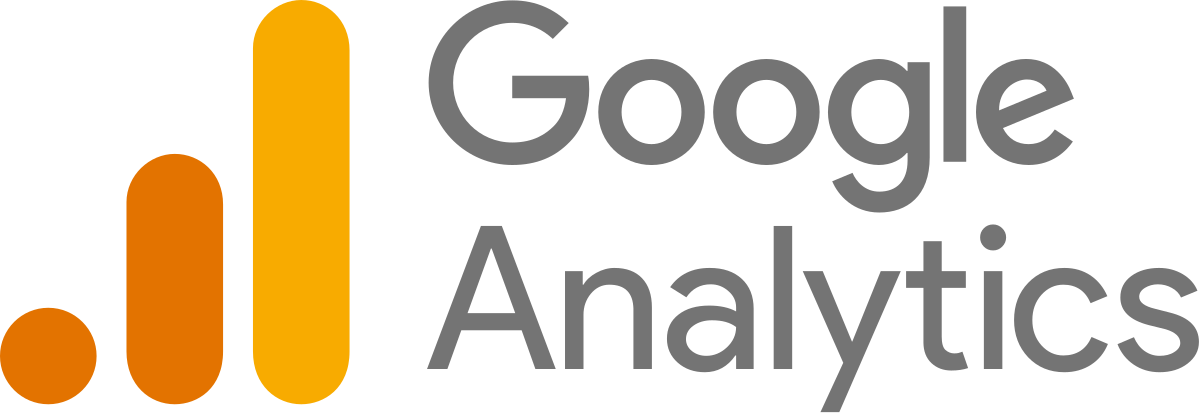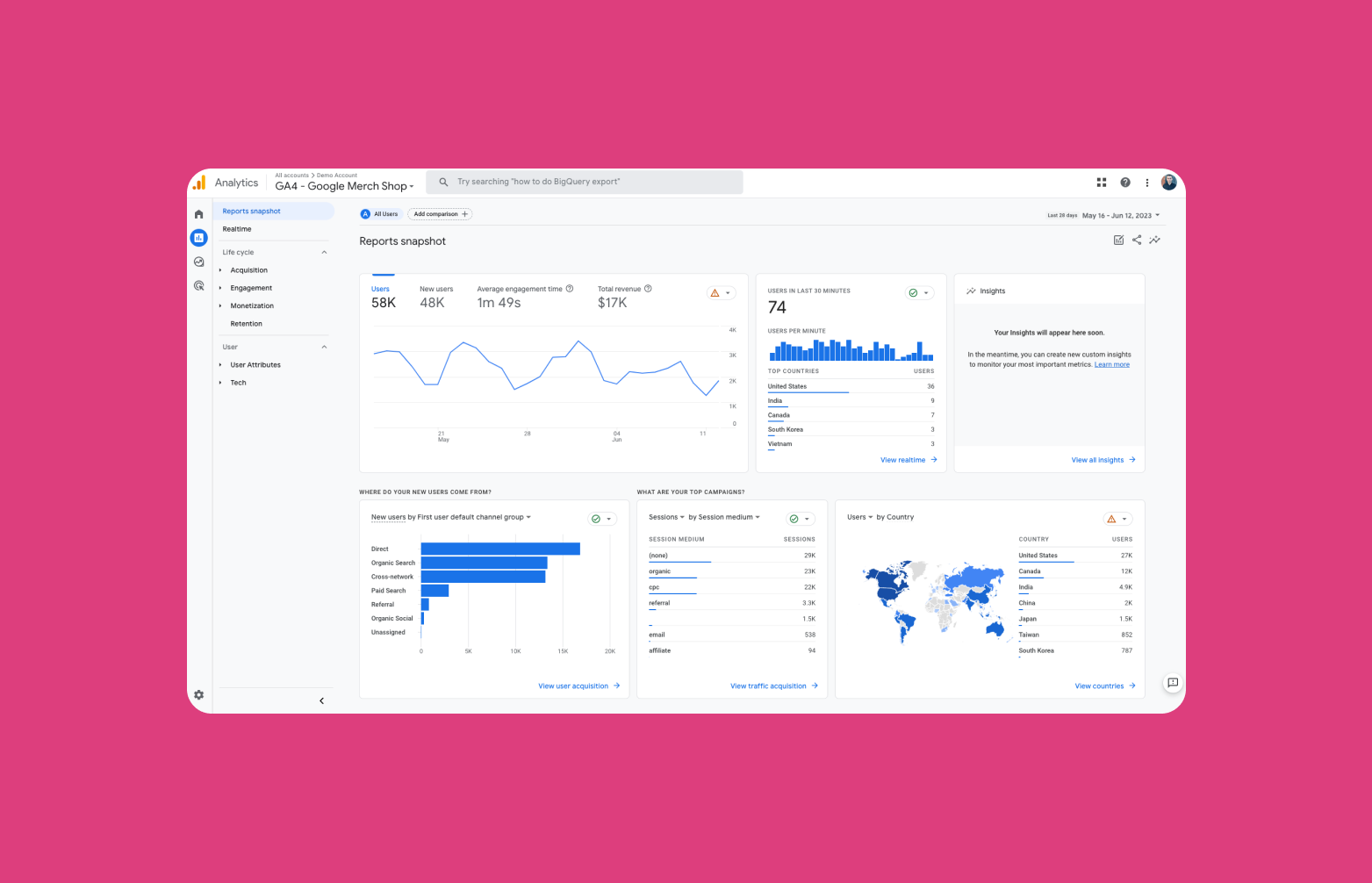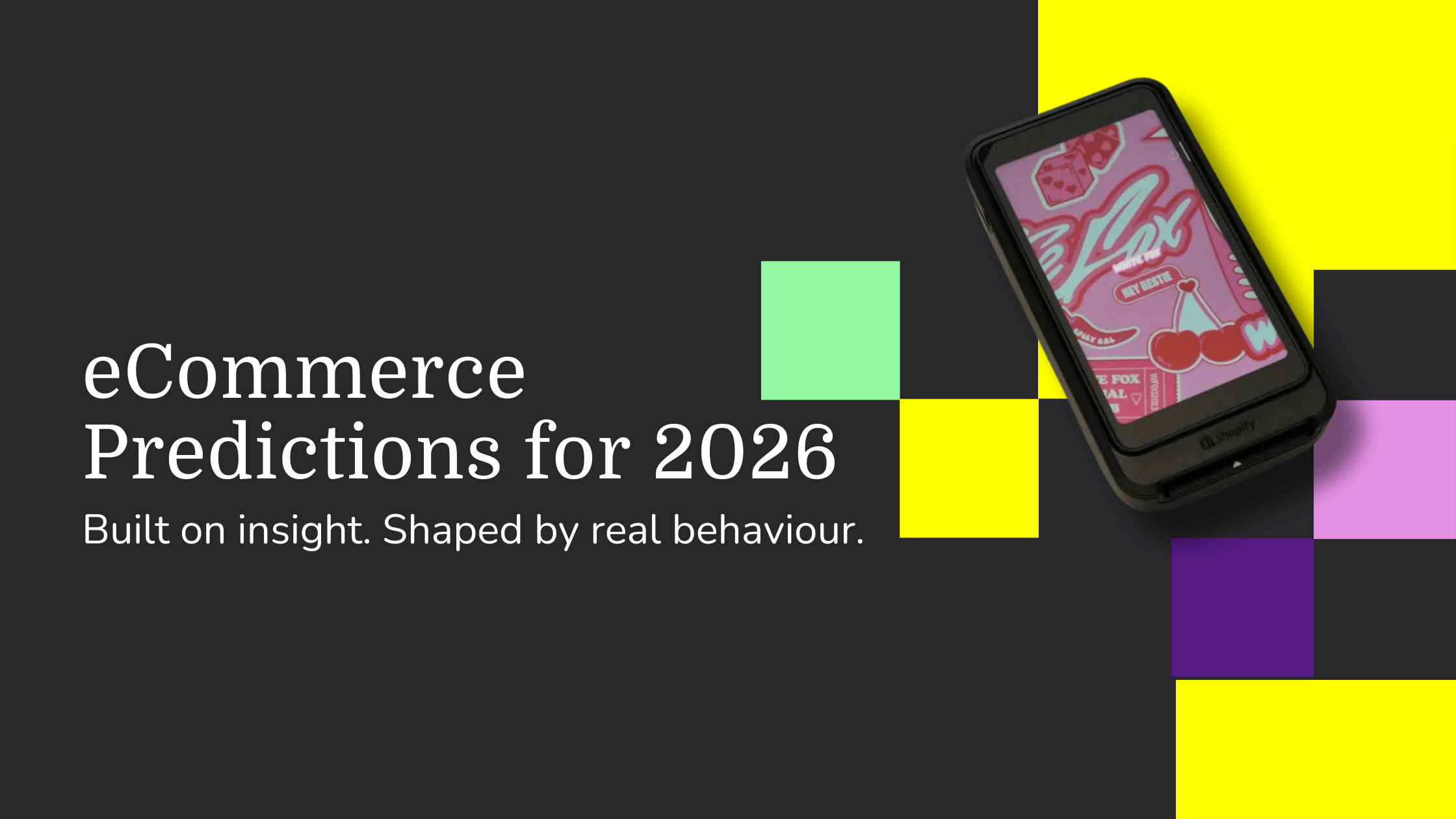GA4 is designed to give you clearer customer insights and uses events-based data instead of sessions. On the 1st July 2023, Google will be sunsetting their old Universal Analytics (UA) and replacing it with GA4. Your old UA will no longer be processing data - everything will go through GA4 properties instead.
These changes in tracking methodology haven’t been without problems. Shopify currently doesn’t produce a sufficiently reliable stream of data to GA4, reducing the accuracy of the stats available to Shopify Merchants.
Thankfully, we here at Kubix have extensively researched the technologies you can use to fill the gaps. In this blog, we’ll explore the contemporary challenges of tracking and data analysis, and most importantly, how to overcome them.
The Evolution of Tracking
From the early days of the World Wide Web and until recently, all online retailers had customer browsing data at their fingertips. This abundance of data made deeply personalised advertising and tracking simple and straightforward.
‘Cookies’ (small pieces of tracking data) downloaded onto a user’s web browser, enable companies like Google to track activity across the web, generating personalised user profiles for everyone. These profiles include details of preferences and interests, created from data including sites visited, products viewed, and search terms used.
Cookies also help merchants like you to track the activity of customers on your own website, enabling businesses to see the actions that lead to conversions, including where visitors are coming from, products they browse, and how often they visit.
But such unlimited user tracking came to an abrupt end prior to the turn of the decade, when it became apparent how much data large tech companies like Facebook and Google were collecting, individuals and governments across the world became concerned about user privacy. This created a backlash against tracking technologies like cookies and resulted in new measures to restrict the data brands could track, and how they could track people.
New laws such as the EU’s GDPR legislation and changes in software such as anti-tracking features built into Apple’s iOS operating system have stunted the old methods, rendering tech like cookies less effective than they used to be.
What does this mean to you as a merchant? These measures have increased user privacy but have also introduced data blind spots. Merchants now find it tricker than ever to get a complete picture from their customer data, reducing the accuracy of analytics tools like Google Analytics.
The Arrival of GA4
In 2020, Google released the latest version of Google Analytics, known as Google Analytics 4 (GA4), an all-new implementation set to replace the old Universal Analytics on 1st July 2023. This version is designed to address many of the modern problems with online tracking, and uses new methods to keep tabs on customers.

One such method is the use of User IDs. These small strings of data function as a unique identifier, intended to attribute the browsing activity of a single user across multiple devices. If a user visits your website on their tablet, and later their phone, it’s optimal for all of the activity to be included as part of one profile, not as separate users. GA4’s User IDs ensure this is the case.
With these new approaches to data tracking, Shopify also needs to change the way it sends data to GA. Currently, Shopify supports GA4, but it has not yet been fully optimised. This means some data is missed, and GA4 cannot create a complete picture of user activity on your store.
The Problem for Shopify Merchants
User IDs and cookies aside, Shopify connected to GA4 currently provides an accuracy of around 80%. But what exactly does that mean for you?
Imagine owning a physical retail store, a small corner shop for example. Day in, day out, you stand behind the counter, greeting customers and watching them as they shop; keeping note of popular products brought to the counter, and hotspots of the store that draw the most attention. You know better than anyone which chocolate bars customers are loving the most, which drinks they just can’t get enough of, who your most loyal customers are, and the age, gender and identity of those coming into your store. You also know how preferences differ at different times of the week. Monday to Friday, daily essentials like newspapers, bread and milk lead the way. On the weekends, alcoholic beverages, snacks and sweet treats take priority.
But what if you hired a young shop assistant to take over on the weekends? And that young shop assistant spent all of their time on their phone, with more interest in their Instagram feed than the interests of your customers? And even worse, they don’t track inventory - merely charging customers the correct amount and putting the cash in the till?
You’d have a blindspot in your knowledge. With no idea as to what happens during the weekends, your data would become skewed towards weekday customers, and you might start to neglect the interests of your weekend clientele.
With 80% accuracy, this is essentially the scenario that could play out on your online store, but on a much larger scale. You’d have an incomplete picture of your customer demographics, interests, motivations and preferences. These gaps in knowledge make it difficult to optimise your store, product range and marketing to drive conversions.
The Solutions - Sliderule and Elevar
So how do you begin to fill in these data discrepancies? It starts with the right tools for the job. There are various platforms out there that help enhance the accuracy of your data by up to 100%.
Two of the most powerful are Sliderule and Elevar. Both known for their advanced server-side tracking capabilities, they can capture a more comprehensive snapshot of your website's activity. They are capable of providing a complete picture of your users' actions, by feeding tracking data in its entirety to GA4.

Sliderule, a user-friendly tool that's freely available to all users, promises to deliver up to 90% data accuracy. On the other hand, Elevar offers a compelling proposition with its ability to provide up to 100% data accuracy. While Elevar is free for up to 100 orders per month, it does come with a starting cost of $150 per month for stores with up to 1,000 orders.

We have put both Sliderule and Elevar through their paces, testing them rigorously for accuracy and ease of use. The results have been impressive for both, making it a tricky decision to choose between the two. But by leveraging our deep understanding of your business and our expertise in these tools, Kubix is well equipped to help you select the tool that will best suit your needs. Our aim is to elevate your decision-making with accurate and comprehensive data, assisting you in selecting the best tool to enhance your store’s effectiveness and growth
We’re Here To Help
We believe in empowering you with the most accurate data, which will enable you to make strategic decisions leading to growth and success in your online business. Though the world of online tracking might seem more complex, it's also evolving to be more insightful and efficient than ever before.
With tools like GA4, Sliderule, Elevar and upcoming technologies that our team continues to test, the path towards harnessing the full potential of your data is within reach. At Kubix, we're here to help you navigate this path and make the most out of your customer insights.
If you’re a current client, we’ll be in touch with our recommendations soon. If you’re yet to join us, contact us and see how we can help you enhance your data tracking capabilities.








